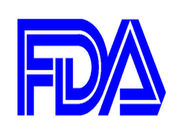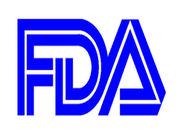Tag: Cancer: Skin
Age at Menopause, Hormone Therapy Linked to BCC Risk
Increased risk with late age at natural menopause and with any use of menopausal hormone therapy
Some RA Treatments Up Second Nonmelanoma Skin Cancer Risk
Increased risk with methotrexate, and for anti-TNF drugs in conjunction with methotrexate
FDA Approves Expanded Use for Melanoma Drug
Yervoy can now be used after surgery to reduce risk of skin cancer returning
Fatal Case of Hidradenitis Suppurativa Described
Case report describes fatal case of HS associated with sepsis and squamous cell carcinoma
FDA Approves Imlygic for Melanoma
Injectable drug designed to rupture and kill cancer cells
Oxidative Stress Inhibits Metastasis by Melanoma Cells
Metastasizing cells undergo metabolic changes, increasing their ability to withstand oxidative stress
Case of Basal Cell Carcinoma Described Within Port Wine Stain
Tumor described within port wine stain, without previous treatment, including radiotherapy
Nicotinamide Could Protect Against Some Skin Cancers
High-risk patients who took nicotinamide daily developed fewer non-melanoma lesions
Lesion-Directed Screening Effectively Detects Skin Cancer
Has similar detection rate as total-body examination, takes much less time
Internet Interventions Interest Informed Melanoma Patients
Those most receptive are younger, comfortable with Internet, more knowledgeable about melanoma














